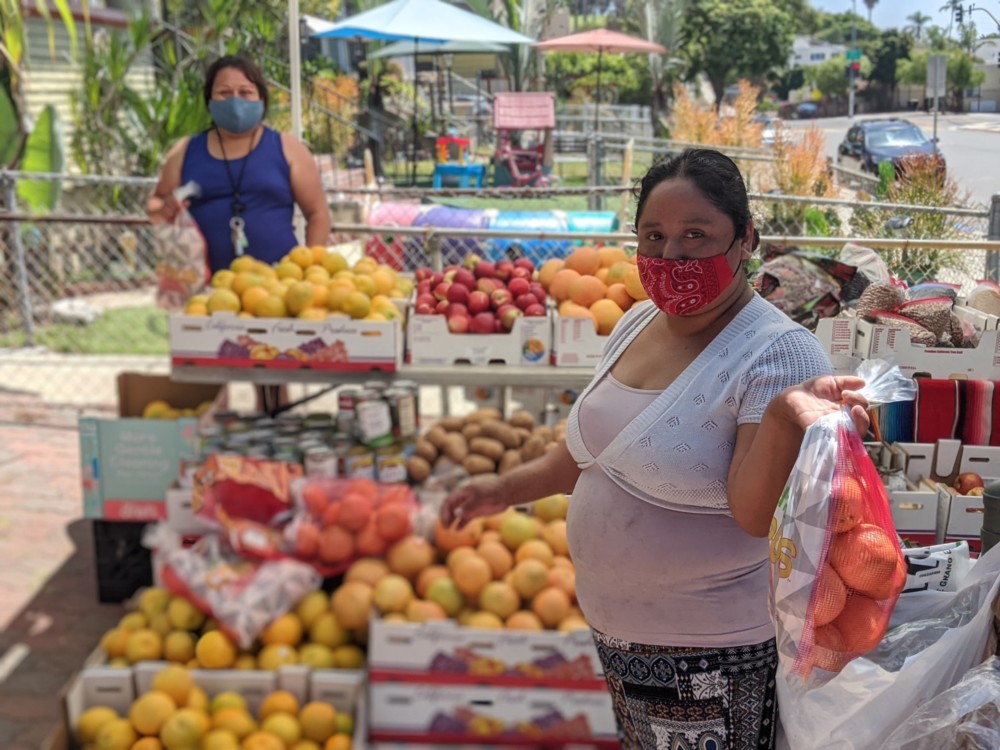By Kim Bojórquez
The Sacramento Bee
WWR Article Summary (tl;dr) The “Unseen Latinas Initiative, “is a two-year initiative that is planned to lead to solutions to address the opportunity gaps Hispanic women face.
Sacramento
Assemblywoman Lorena Gonzalez, D-San Diego, announced a new initiative Friday with a “laser focus” to address economic and educational disparities impacting Latinas, who represent one in every five Californians.
The “Unseen Latinas Initiative,” an effort by the California Latino Legislative Caucus led by Gonzalez, is a two-year initiative that is planned to lead to solutions to address the opportunity gaps Hispanic women face.
One report by the Hispanas Organized For Political Equality, for instance, shows California Latinas earn 42 cents for every dollar a white man makes.
“We suffer, in many ways, the same issues that all women suffer but in disproportionate amounts, whether it’s inequities in our pay, whether it’s representation in different fields, whether it’s advancing careers and opportunities,” Gonzalez said, who chairs the caucus.
In the initiative’s first year, lawmakers plan to gather data and organize hearings with educational and economic experts and Latinas working from a variety of industries, from low-wage workers to corporate-level chief executive officers, to identify the issues and find solutions.
Other lawmakers involved in the initiative include Sens. Maria Elena Durazo, D-Los Angeles, Lena Gonzalez, D-Long Beach, and Assemblywoman Luz Rivas, D-Arleta.
“It’s going to be led by Latinas in the legislature because … you can’t sit around and wait for somebody else to highlight your community,” Gonzalez said. “We’re going to take the reins.”
Gonzalez said the idea of the initiative was sparked when Latino Caucus lawmakers worked together to create a pipeline to increase the number of Hispanic women in the state Legislature.
The new report by the Los Angeles-based Hispanas Organized For Political Equality, highlights how Latinas have been impacted by the COVID-19 pandemic’s economic downturn.
“Early evidence shows that Latinas are the demographic hardest hit by the current pandemic-related economic downturn, as they were during the 2008 recession,” according to the report.
In the initial months of the pandemic, about 30% of Hispanic women and 40% of undocumented Latinas in the state lost their jobs compared to 9% of white women, the report shows.
Latinas “overwhelmingly” are “employed in the service and hospitality sector. And that’s why you saw those high increases in unemployment,” said the organization’s chief executive Helen Iris Torres.
Other factors that make Hispanic women vulnerable to economic downturns, according to Torres, include discrimination, a higher likelihood of working low-wage jobs and being on the receiving end of layoffs.
Torres also said Latinas have a long way to go when it comes to educational attainment. Hispanic women are less likely to have a bachelor’s degree, according to report. About 15% of Hispanic women in California have a bachelor’s degree compared to 43% of white women.
“Our invisibility starts at a young age where our system fails to ensure that we have a roof over our heads and are connected with resources to help us succeed in school,” Rivas said in a statement.
After the 2008 recession, a surge of Hispanic women opened their own micro-businesses, with five or less employees, to regain what they had lost, according to Torres. She anticipates the COVID-19-induced recession will lead to a similar outcome among Latinas.
“When you really deconstruct the numbers you realize just how much worse, it has been for Latinas in the state,” Gonzalez said. “While California continues to do better as far as pay equity for all women, in particular for white women, the numbers for Latinas are actually going in the wrong direction.”
___
Distributed by Tribune Content Agency, LLC.














































































































































































































































































































































































